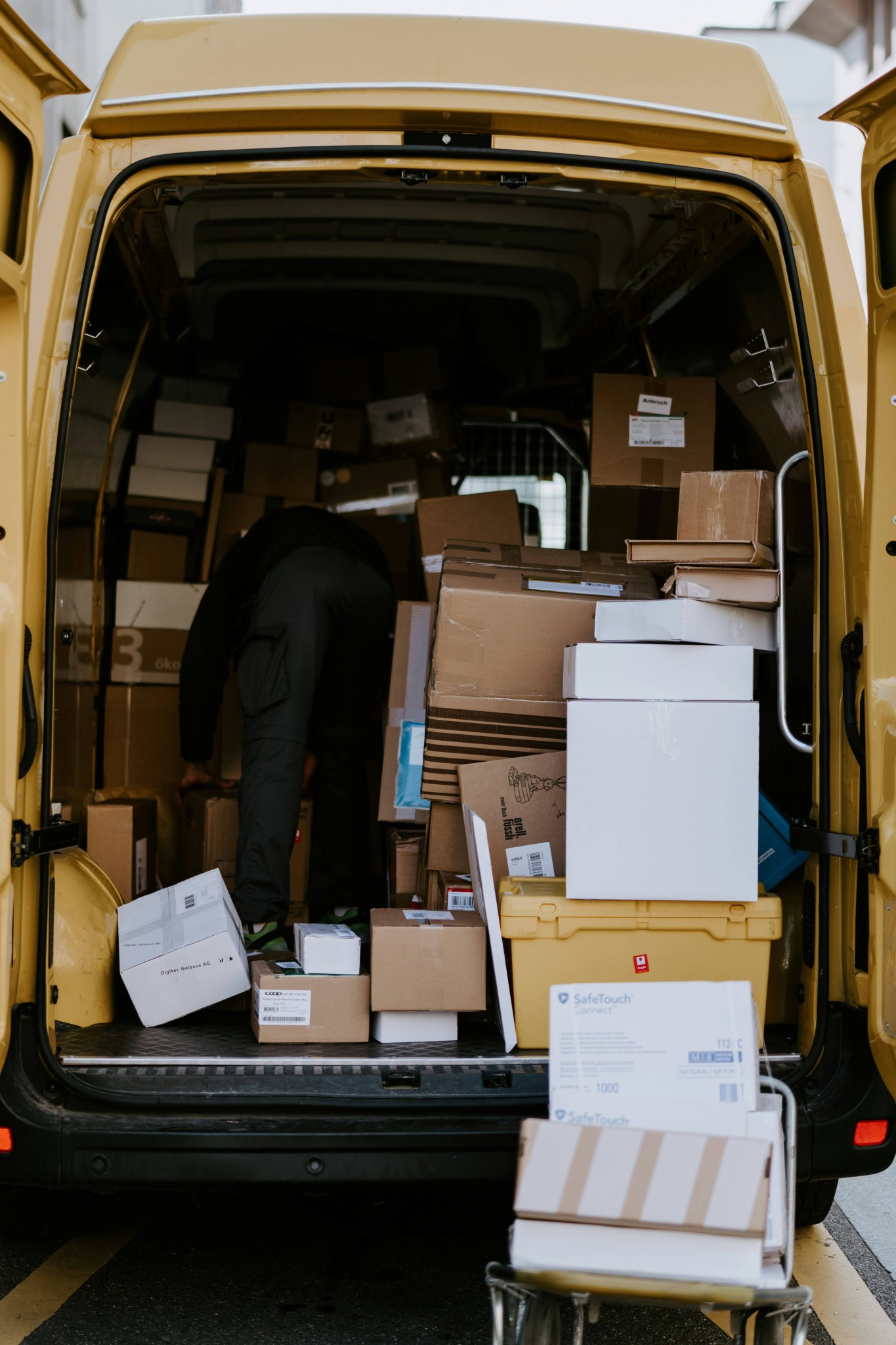Shopping for second-hand clothes might bring to mind charity shops. Or maybe your go-to is a sustainable fashion app such as Vinted, Depop or eBay. In the last few years, another option has cropped up on the ‘recommerce’ market—buying used clothes directly from a brand themselves. Brands from Patagonia to Dr. Martens to Balenciaga have set up their own resale platforms, all using resale-as–a-service software.
With enough clothes in the world to clothe the next six generations of humans according to the British Fashion Council, keeping clothing in the loop must be a priority for consumers and brands alike.
What is resale-as-a-service software?
Resale-as-a-service—also known as RaaS—has been around since 2017. The software allows brands to build their own resale models and capitalise on the growing secondhand market. It takes care of all the elements of a resale business, from receiving, assessing and listing stock to shipping it out to buyers. Resale platforms source their inventory from existing customers who return their used clothes to brands in exchange for store credit. As well as these take-back schemes, brands may sell returned or damaged inventory on their resale site. RaaS also powers digital storefronts allowing consumers to buy secondhand items directly from their website.
Brands could go it alone when building their own resale models. But resale operations present different challenges to selling brand-new stock, such as assessing the quality of secondhand garments. Partnering with a RaaS company gives fashion brands access to recommerce experts who can quickly bring their resale model to market.
More and more brands are cashing in on resale
Soon, environmental responsibility will be more than a greenwashing ploy—it’ll be a necessity for all fashion brands. EPR legislation stating that brands are responsible for products at the post-consumer stage is already active in countries including France and the Netherlands. Further European countries, as well as California and New York, will soon follow. Fashion brands are keen to get a head-start on complying with new legislation.
RESET spoke to Jamin Nieri, Chief Operations Officer at Trove, a RaaS platform whose partnerships with brands diverted over 200,000 kgs of waste away from landfill in 2023 alone. “The majority of brands come to us because they understand that resale is no longer a ‘nice to have’,” Nieri explained. “It’s a must-have to engage with their consumers.” With 37 percent of consumers spending more of their clothing budget on secondhand than new in 2022, brands risk losing custom if they don’t have a resale platform. Profit is a motivation for brands—some brands’ resale programs make double the margin of their core business, according to RaaS company Archive. But brands also benefit from the environmental kudos of having a circular business model.
So is there a possibility that brands are investing in resale to greenwash their image, rather than help the planet? Maybe. Make sure you shop from brands who are committed to sustainable practices across their whole supply chain, rather than fast fashion brands who add resale to their offering because secondhand is trending.
Resale-as-a-service emits CO2 via shipping and servers
Shipping packages is resale’s Achilles heel. An otherwise predominantly ecological way to keep clothing in the loop and away from landfill relies on shipping used clothing cross-country. While brand-new clothes sold online are also shipped out, resale models may require more shipping if clothes are first sent back to the brand via take-back schemes.
A small package weighing 0.45kg emits 0.59kg of CO2 when shipped 500 miles by land, compared to 0.98kg if shipped by air.
“One of the reasons why we decided to evolve our offering and move towards a SaaS program where brands can acquire operational software and put it in their own warehouse was to reduce the number of movements that inventory needs to make,” Nieri explains. By co-locating secondhand inventory with mainline inventory—and assessing and fulfilling all inventory at the same location—Trove and the brands they work with reduce the transportation emissions of their operations.
As a software model, RaaS also emits CO2 through its digital operations. Running on green servers must become a priority for the industry if it wants to reduce its overall environmental impact.
Branded resale is expanding to new industries
Resale platforms are no longer exclusive to the fashion industry. Trove counts travel and lifestyle brand BÉIS as one of their latest customers, while RaaS platform Treet recently announced its partnership with ceramics brand Heath Ceramics. IKEA is also an early adopter of a resale model via their Circular Market programme.
For Nieri, a key benefit of the resale boom is an increase in product quality. “Brands are changing how products are being made,” she says. With the potential profit from resale being an incentive for brands, “products need to be durable.”
The post Fashion Brands Are Offering Resale Platforms Thanks to Resale-As-A-Service Software appeared first on Digital for Good | RESET.ORG.


